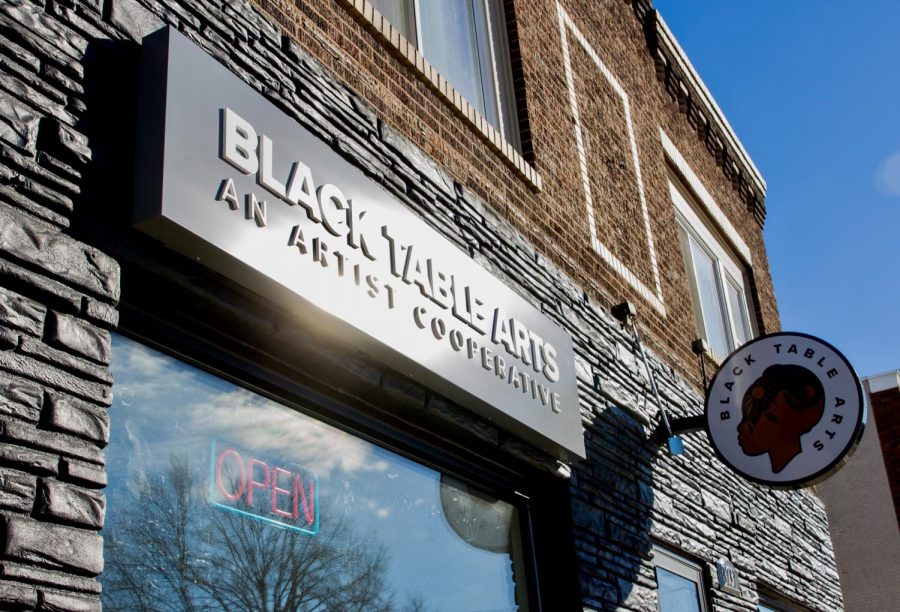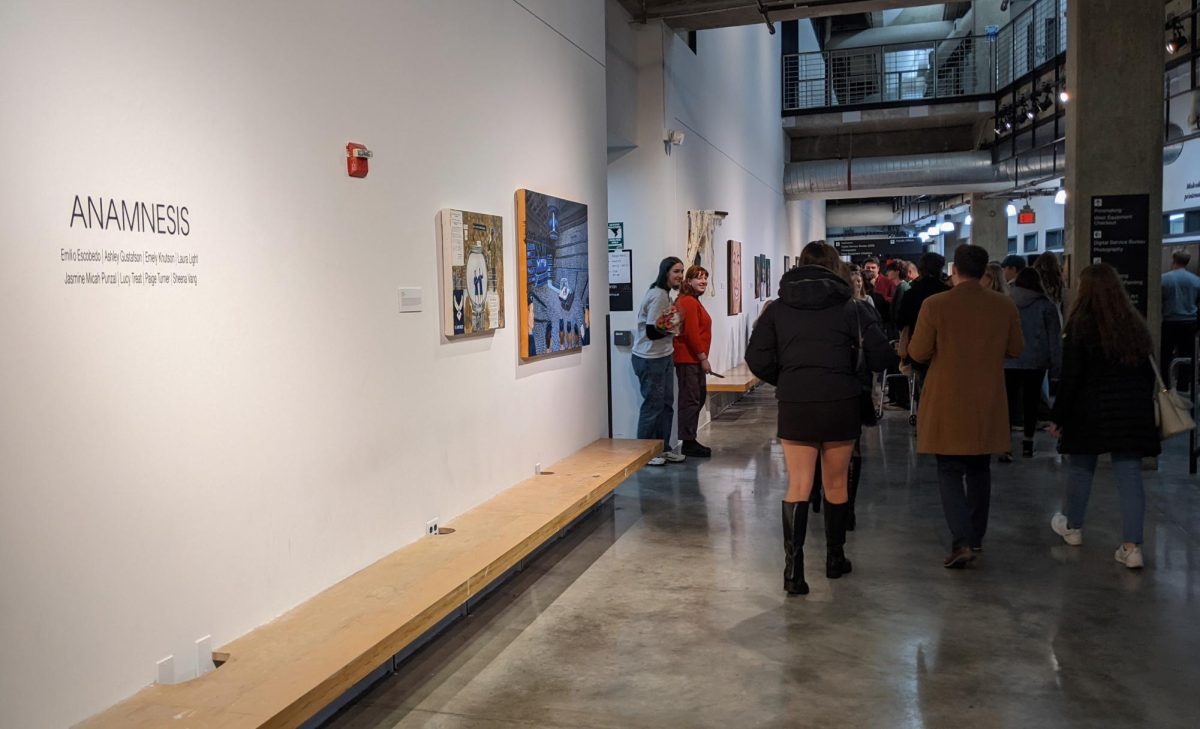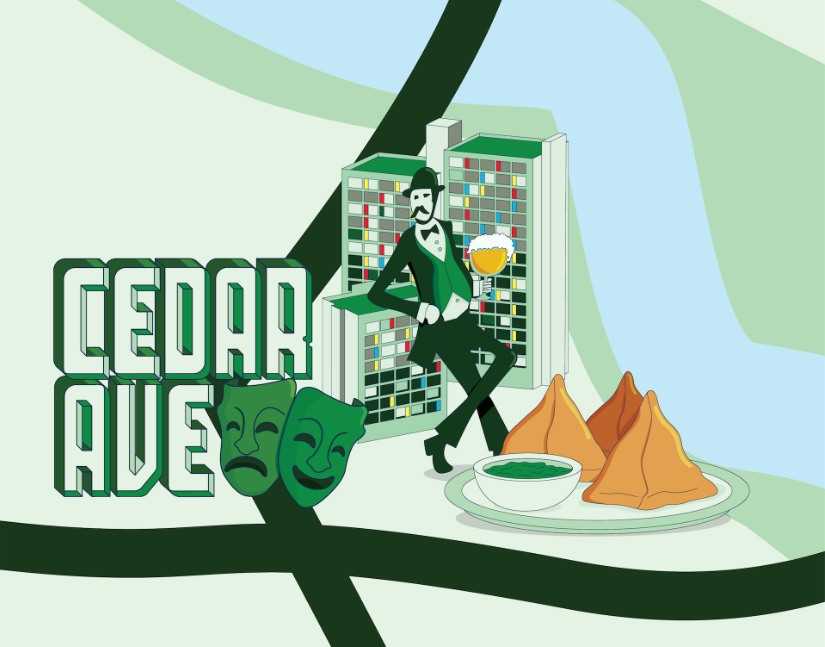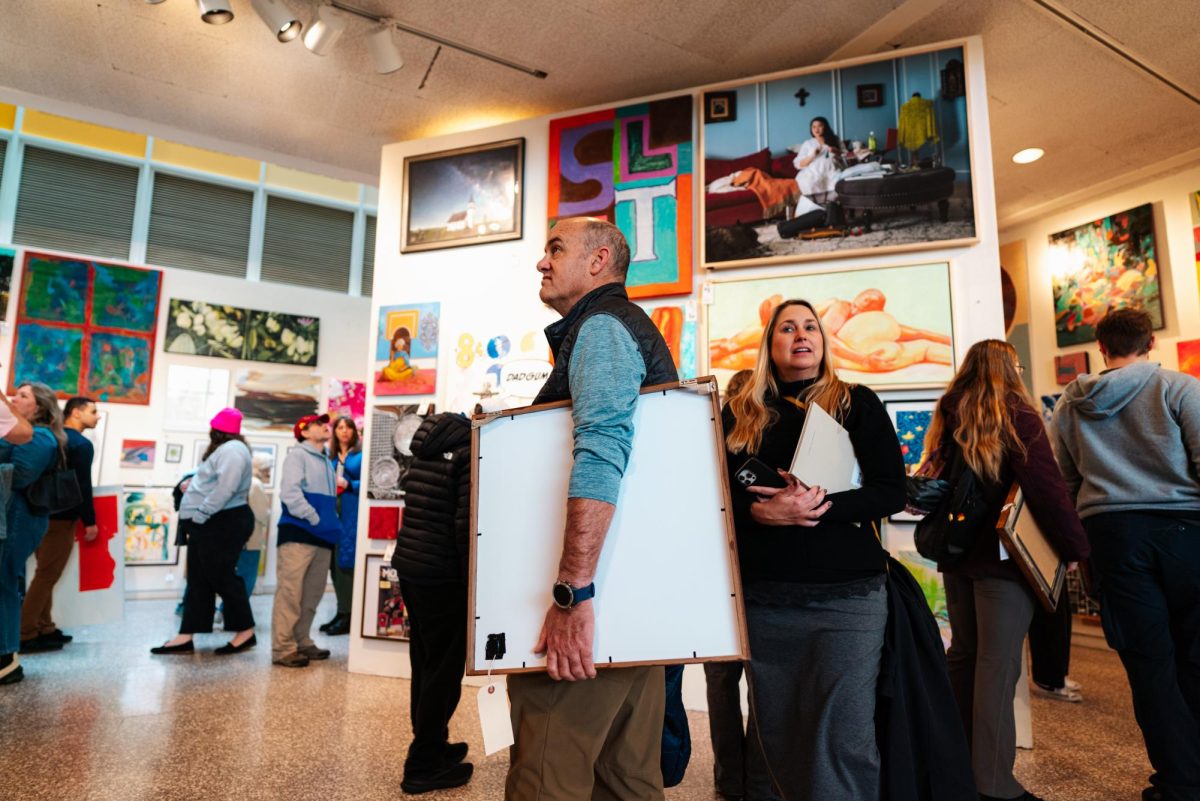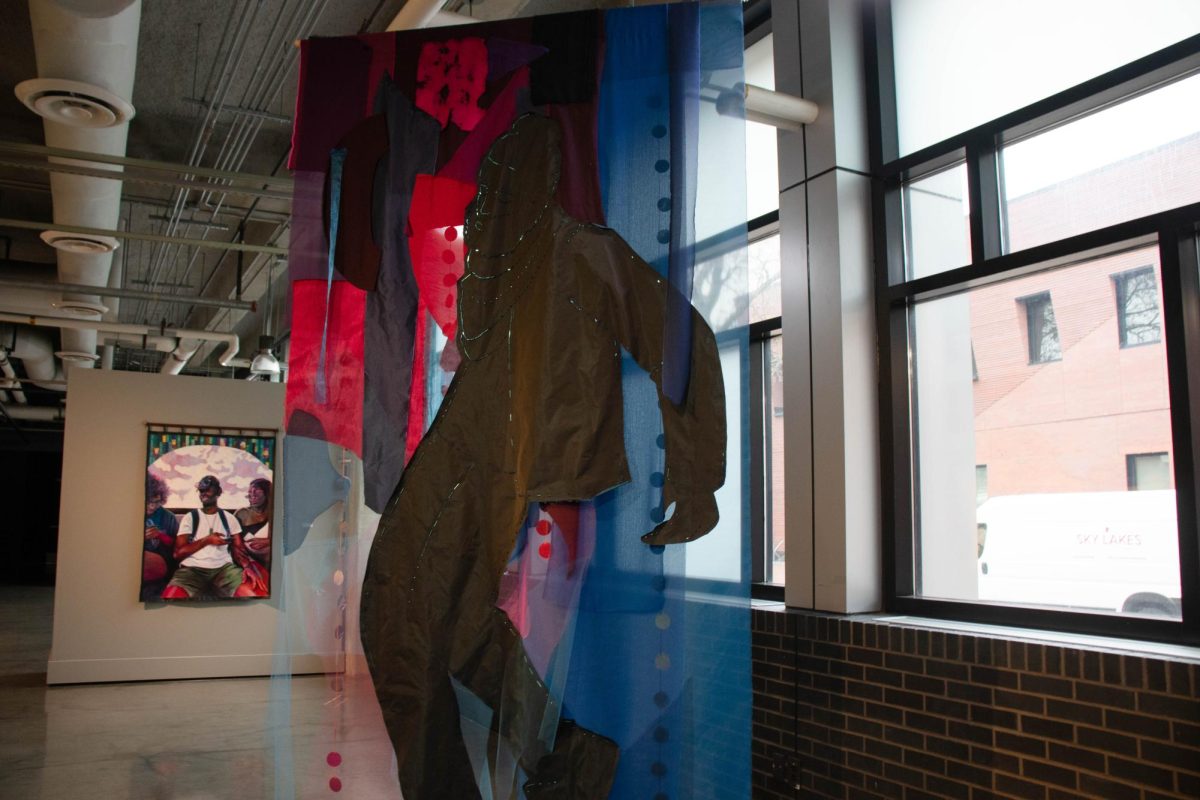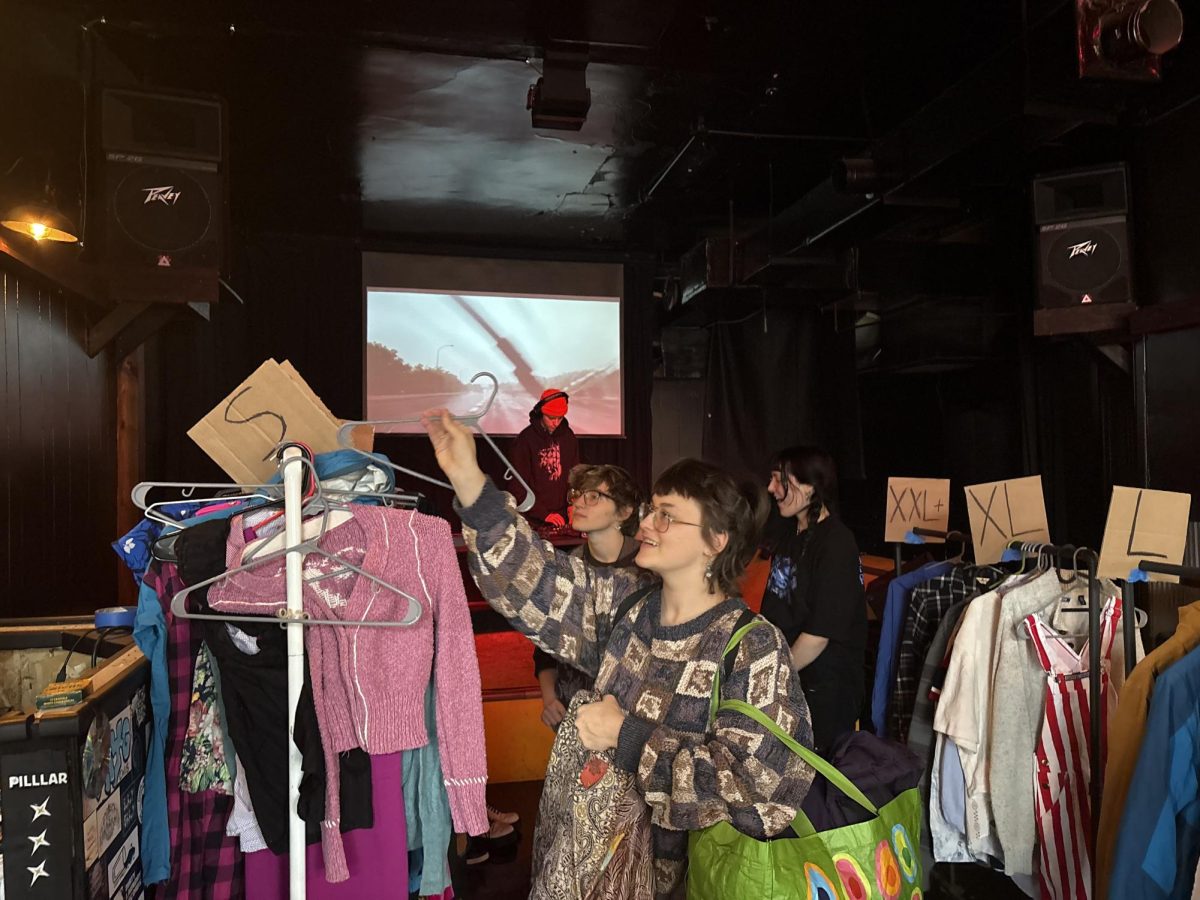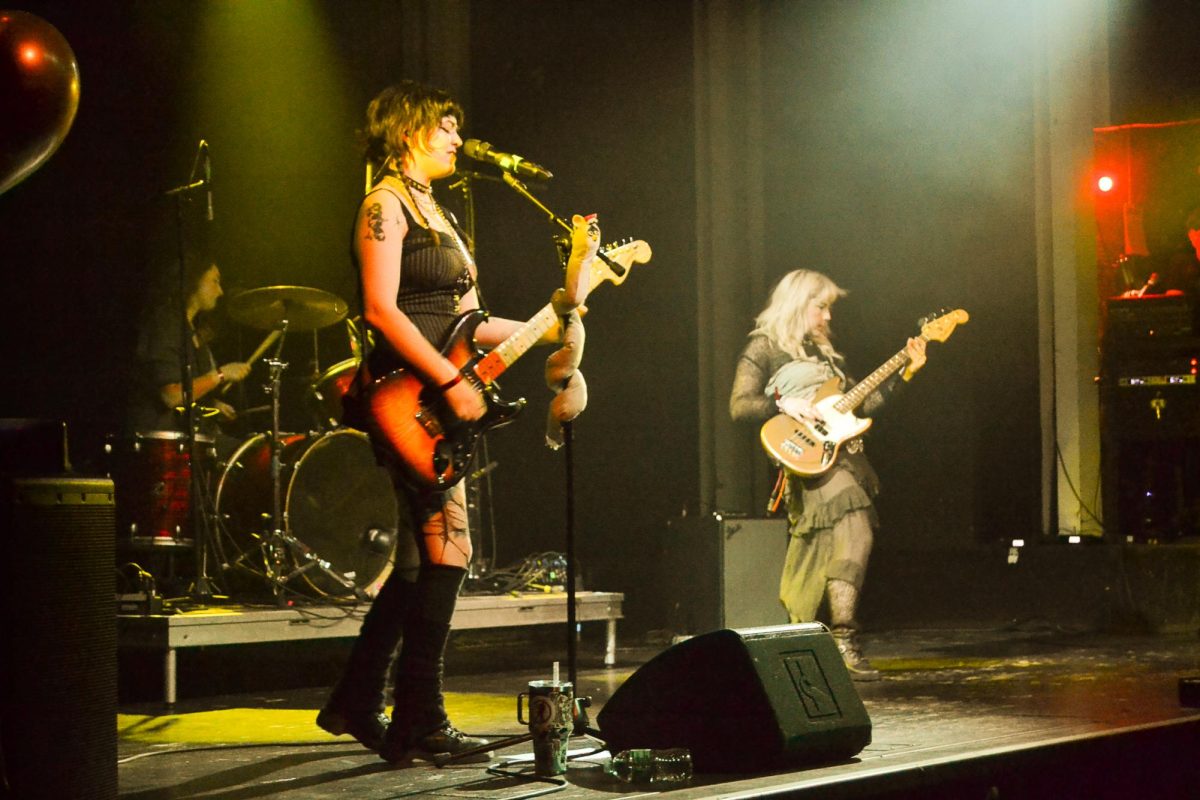Upon one of the walls in the Black Table Arts Cooperative is a quote from Aimé and Suzanne Césaire. It reads: “ … The Revolution will construct itself in the name of bread, of course, but also in the name of fresh air and of poetry (which amounts to the same thing) … ”
The Black Table Arts Cooperative’s (BTA) new space will open Feb. 25, standing as a resource center for Black creatives and businesses, offering resources and a community to both emerging and established Black artists in the Twin Cities.
The building will house a bookstore, a performance space and shared workspaces. Keno Evol, the founder and executive director of BTA, sees the cooperative at the center of civic engagement, art, organizing, Black joy and imagination.
Located on Minnehaha Avenue, the physical space is only a few blocks away from the Minneapolis Police Department Third Precinct, which was destroyed in a fire during the riots and unrest sparked by the police killing of George Floyd.
“We want to be clear that this sort of space, sort of structure, came out of the relational support and the financial support of uprising that’s going to deepen the work in the name of George Floyd, but also in the name of Terrance Franklin and Jamar Clark and Philando Castile and Marcus Golden,” Evol said.
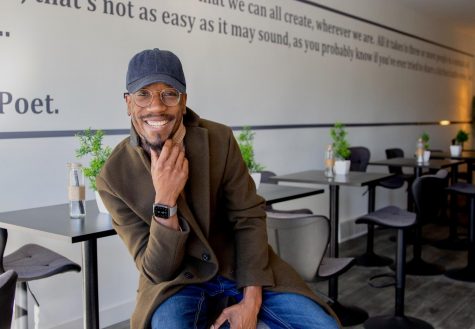
BTA has hosted different events that center Black creatives and artists, from the Because Black Life conference, a gathering dedicated to communally checking in on Black life and imagining the future of organizing; to Black Lines Matter, their bi-weekly writers workshop; to Chai and Chill, a poetry reading and conversation space. With the new physical space, BTA looks to continue those events while also adding on many more.
Many artist cooperatives exist in the Twin Cities, but few center Black artists and organizing in their mission. The cooperative not only focuses on art as a form of expression but also as a way to maintain efforts of social justice and Black liberation.
“We think that within being an artist is someone who has alternative ideas to the status quo,” Evol said. “The stakes are high in this country and in this world, and artists have good ideas.”
Alfred Sanders, director of operations for BTA, has ties to the Twin Cities art community through his 10-year career as a singer. Sanders remembers how hard it was to get his start as an artist, and he hopes BTA will provide young creatives with the resources that he didn’t have access to when he started out. “The biggest thing is being a starting point for artists who may feel lost,” Sanders said.
Eventually, BTA intends to offer internship and apprenticeship opportunities to young people interested in the art world, from high school to college students.
“[Young artists] can just learn things and spark their brain and kind of focus on the next generation. So, that’s a big hope with [BTA] is kind of focusing on us but also inspiring the ones coming up behind us in order to mold their creativity and add some purpose to their trajectory,” Sanders said.
Sunezz Washington, program assistant for BTA, recently jumped back into the Twin Cities art scene, focusing on honing her skills as a sketch artist and exploring her passion for herbal medicine. Through the co-op, she has more access to resources for artistic growth.
“Having that foundation is more needed than people really realize, and having that close-knit community is very important for any creative. You have that foundation to really push yourself as a collective and just keep growing as an organization,” Washington said. “It’s a really beautiful thing.”


